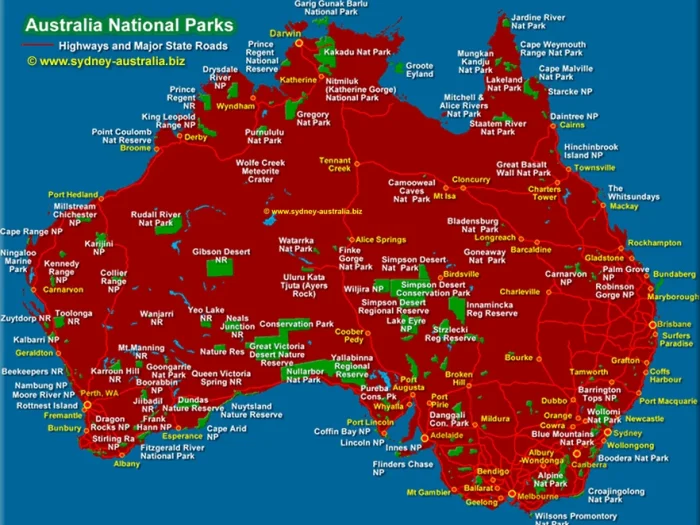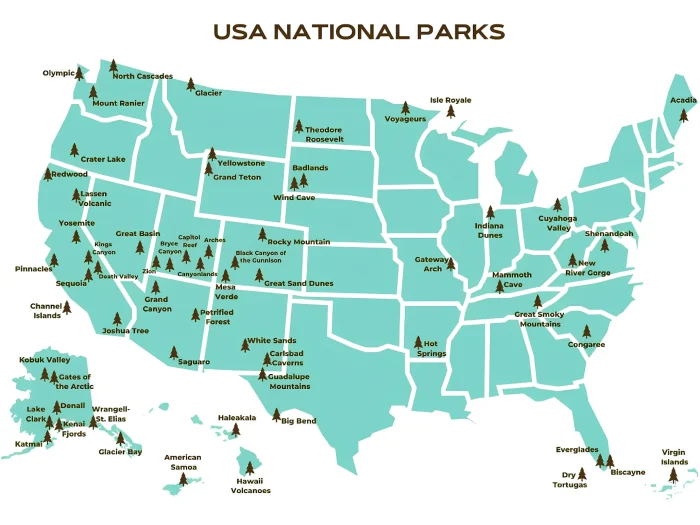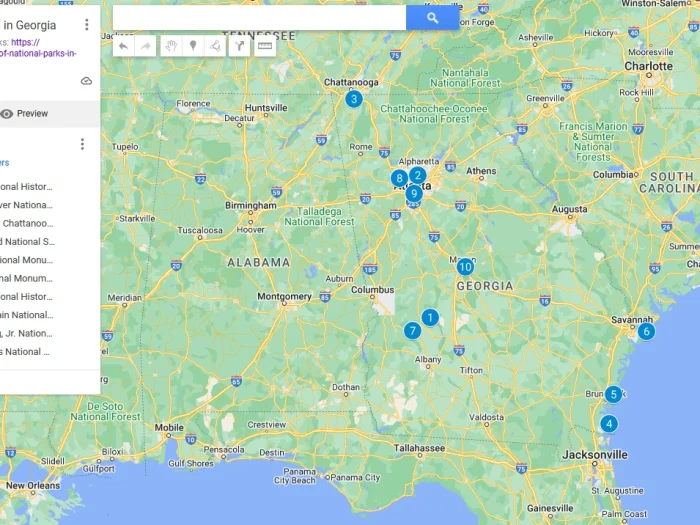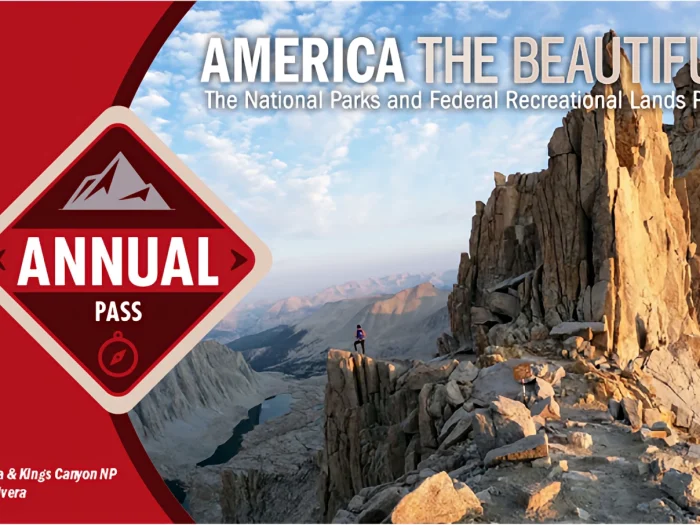Crafting a Winning CV for National Park Researcher Students
Crafting a winning curriculum vitae (CV) as a national park researcher student is essential for showcasing your skills, experience, and passion for environmental research and conservation. In this guide, we’ll explore key components and strategies to help you create a compelling CV that highlights your academic achievements, research projects, and relevant experiences in the field of national park research.

Image from npca.org
Contact Information
Start your CV by providing your contact information, including your full name, phone number, email address, and mailing address. Ensure your contact details are accurate and up-to-date to facilitate easy communication with potential employers or academic advisors.
Professional Summary/Objective
Include a professional summary or objective statement that briefly outlines your academic background, research interests, and career goals as a national park researcher student. Use this section to highlight your enthusiasm for environmental research and your commitment to contributing to the conservation of natural habitats.
Education
Detail your educational background, including your current enrollment status, degree program, major/minor, and expected graduation date. Highlight any relevant coursework, academic honors, or research projects related to national park research or environmental science.
Research Experience
Describe any research experience you’ve gained as a student, particularly projects related to national park research or conservation biology. Include details such as the project title, your role and responsibilities, methodologies used, and key findings or outcomes. Emphasize any publications, presentations, or awards resulting from your research efforts.
Fieldwork and Internships
Highlight any fieldwork experiences or internships you’ve completed in national parks or related environmental settings. Describe the tasks you performed, the skills you developed, and the insights you gained into park management, biodiversity monitoring, or ecological restoration efforts.
Relevant Skills
Create a section to showcase your relevant skills and competencies as a national park researcher student. Include technical skills such as data analysis, GIS mapping, species identification, and field research techniques. Also, highlight soft skills such as teamwork, communication, problem-solving, and adaptability.
Volunteer Work and Extracurricular Activities:Include any volunteer work, extracurricular activities, or leadership roles that demonstrate your commitment to environmental stewardship and community engagement. This could include participation in conservation clubs, volunteer work with environmental organizations, or organizing educational outreach events.
Awards and Recognition
List any awards, scholarships, or honors you’ve received for your academic achievements or contributions to environmental research and conservation efforts. Recognition of your accomplishments can further validate your qualifications as a national park researcher student.
Professional Development
Highlight any additional training, workshops, or conferences you’ve attended to enhance your skills and knowledge in national park research or related fields. This could include participation in scientific conferences, workshops on research methodologies, or specialized training in ecological field techniques.
Crafting a winning CV as a national park researcher student requires careful attention to detail and strategic presentation of your academic achievements, research experience, and relevant skills. By following the strategies outlined in this guide, you can create a compelling CV that showcases your passion for environmental research and positions you as a promising candidate for opportunities in national park research, conservation biology, or related fields. With a well-crafted CV in hand, you’ll be better prepared to pursue your career goals and make meaningful contributions to the preservation of our natural heritage.




